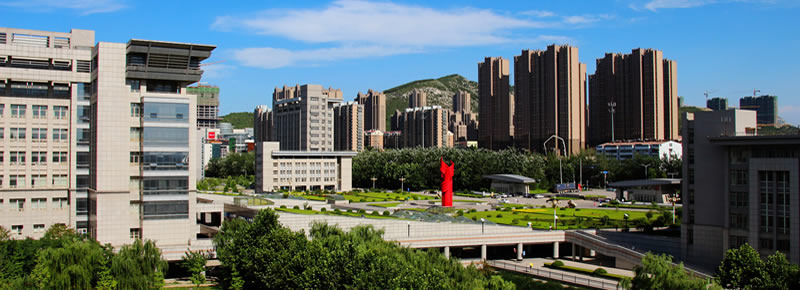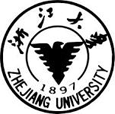Keywords
Mortar, Recycled Aggregate, Shrinkage, Frost resistance
Abstract
In recent years, the rapid growth of economy and urbanization process in China resulted in the massive construction and demolition wastes (C&DW). The reutilization of C&DW as recycled aggregates (RA) fully or partially to replace natural aggregates is an effective way to solve the environmental and economic problems caused by C&DW. The properties of cement mortars could be influenced by recycled fine aggregates due to their high absorption and the quantity of fine particles. This paper presents the main results of the research to explore the effect of recycled aggregate (RA) on shrinkage and durability properties of masonry mortars. Four strength levels of mortars were designed to be M5, M10, M15 and M20. The percentage of replacement of natural aggregate by RA was controlled at 0%, 30%, 50%, 70% and 100%. The shrinkage, the water loss, the water absorption and the freeze-thaw resistance were measured to evaluate the properties of mortars, and the SEM analyzation was carried out to study the microstructure of mortars. Some conclusions have been found based on results of experiments. The shrinkage and the water loss increased when the replacement percentage of RA increased in all strength levels mortars. The water absorption of mortars increased with the increasing of RA content either. A better freeze-thaw resistance of mortars with higher RA replacement percentage and higher strength level was presented, and the maximum freeze-thaw cycles reached to 75 cycles. More microcracks were found in interfacial transition zone (ITZ) in mortars with high replacement percentage of RA, resulting in the weak ITZ.
Included in
Shrinkage and Durability of Cement Mortars with Recycled Aggregates
In recent years, the rapid growth of economy and urbanization process in China resulted in the massive construction and demolition wastes (C&DW). The reutilization of C&DW as recycled aggregates (RA) fully or partially to replace natural aggregates is an effective way to solve the environmental and economic problems caused by C&DW. The properties of cement mortars could be influenced by recycled fine aggregates due to their high absorption and the quantity of fine particles. This paper presents the main results of the research to explore the effect of recycled aggregate (RA) on shrinkage and durability properties of masonry mortars. Four strength levels of mortars were designed to be M5, M10, M15 and M20. The percentage of replacement of natural aggregate by RA was controlled at 0%, 30%, 50%, 70% and 100%. The shrinkage, the water loss, the water absorption and the freeze-thaw resistance were measured to evaluate the properties of mortars, and the SEM analyzation was carried out to study the microstructure of mortars. Some conclusions have been found based on results of experiments. The shrinkage and the water loss increased when the replacement percentage of RA increased in all strength levels mortars. The water absorption of mortars increased with the increasing of RA content either. A better freeze-thaw resistance of mortars with higher RA replacement percentage and higher strength level was presented, and the maximum freeze-thaw cycles reached to 75 cycles. More microcracks were found in interfacial transition zone (ITZ) in mortars with high replacement percentage of RA, resulting in the weak ITZ.





